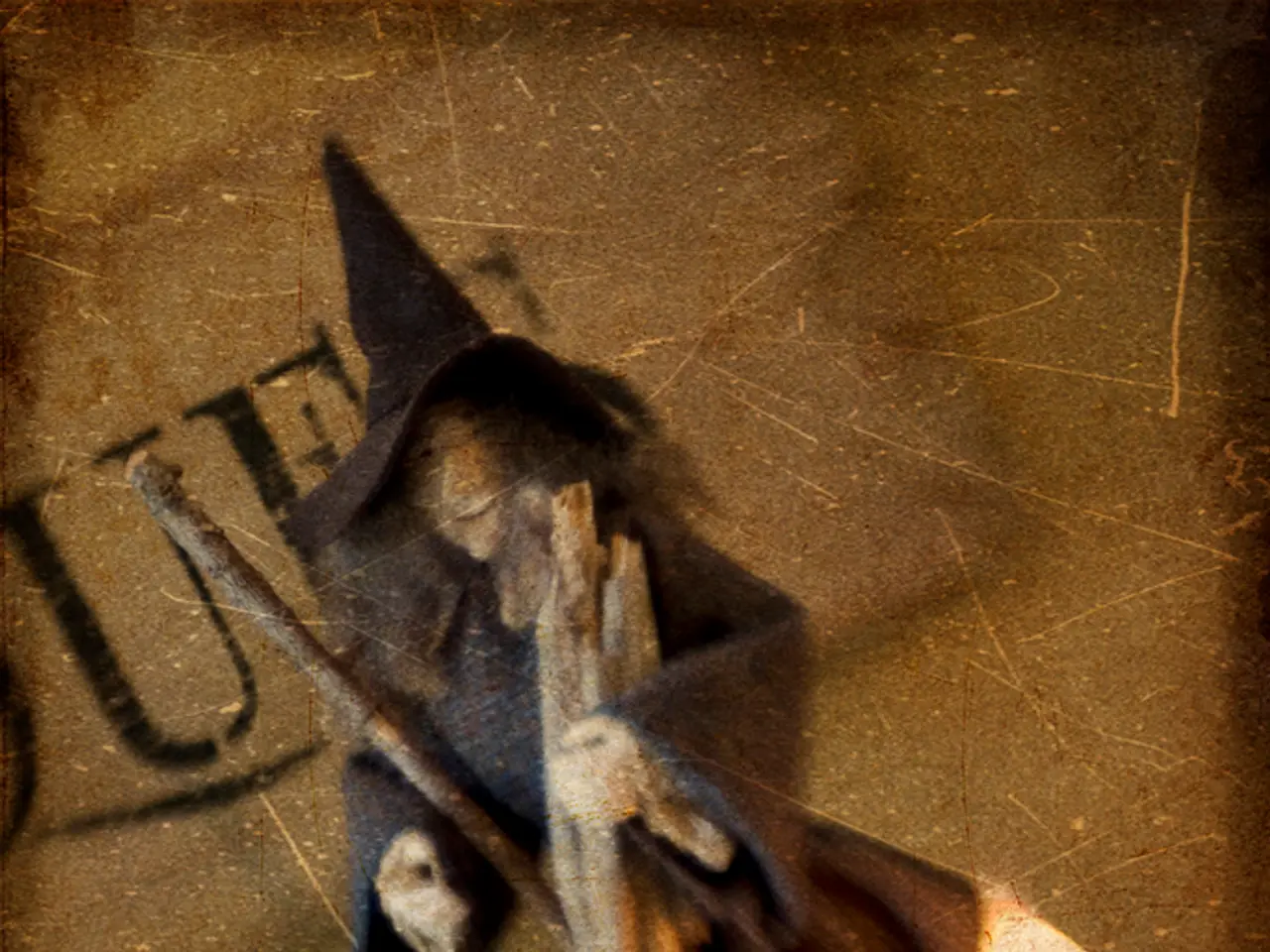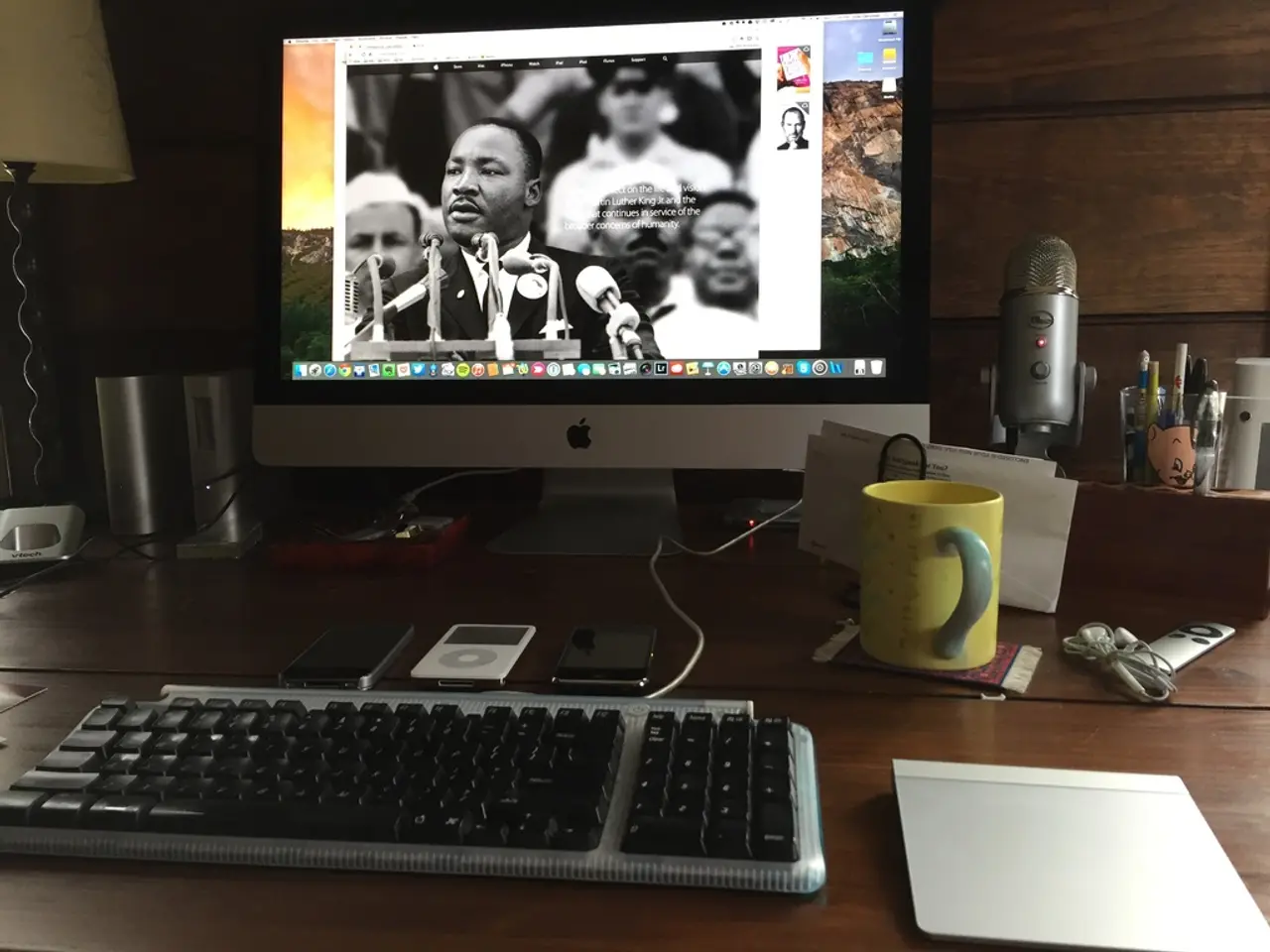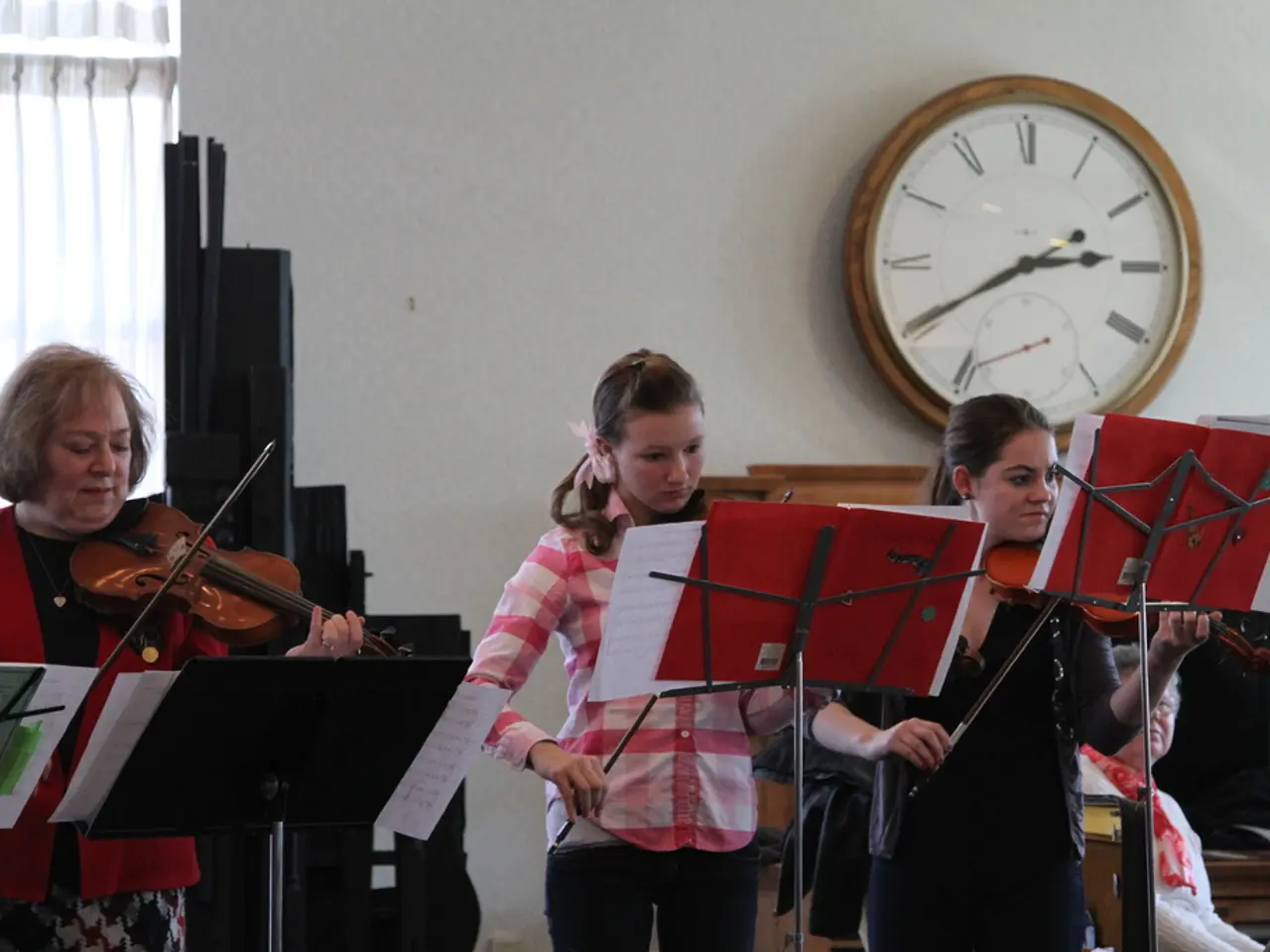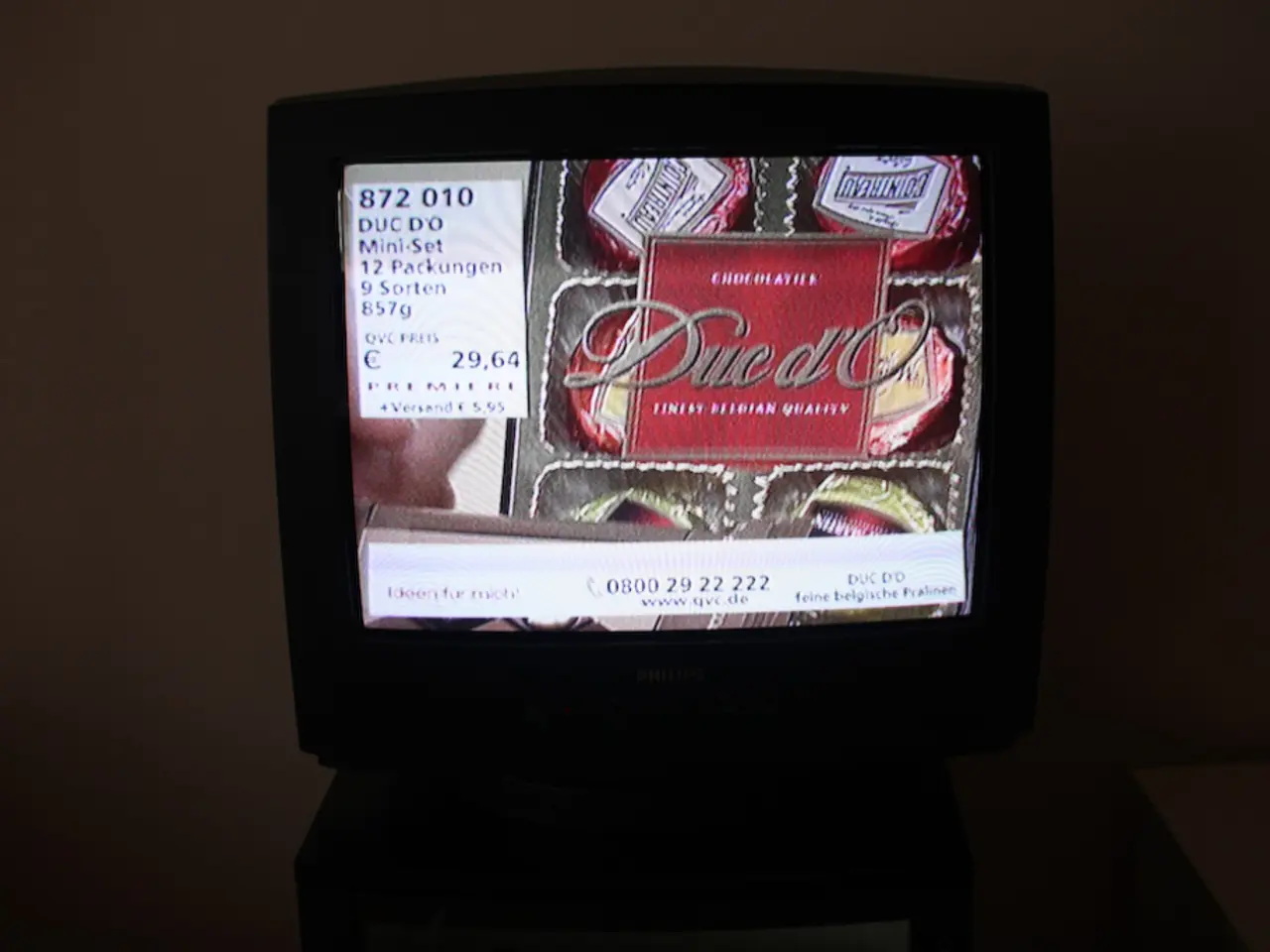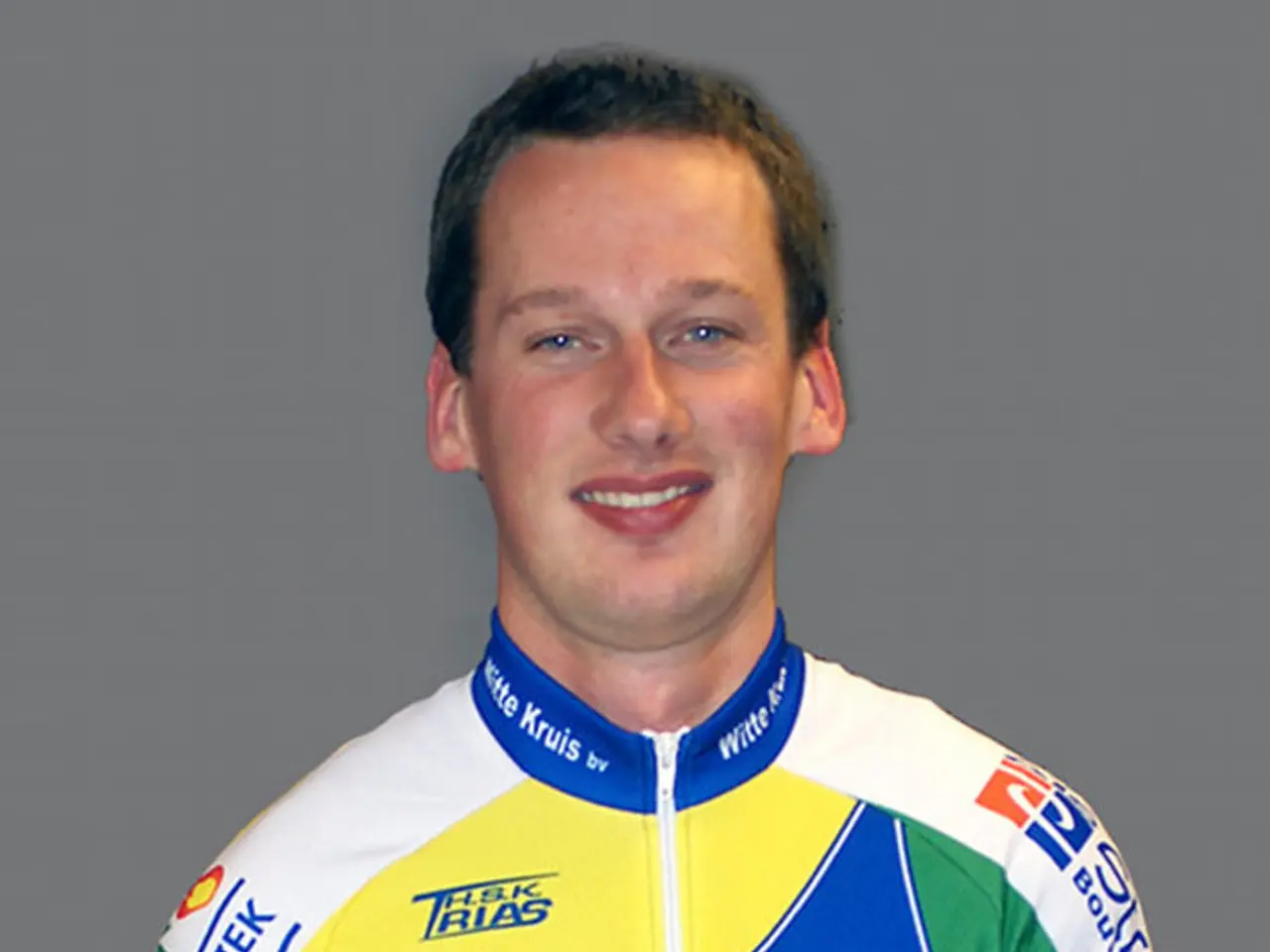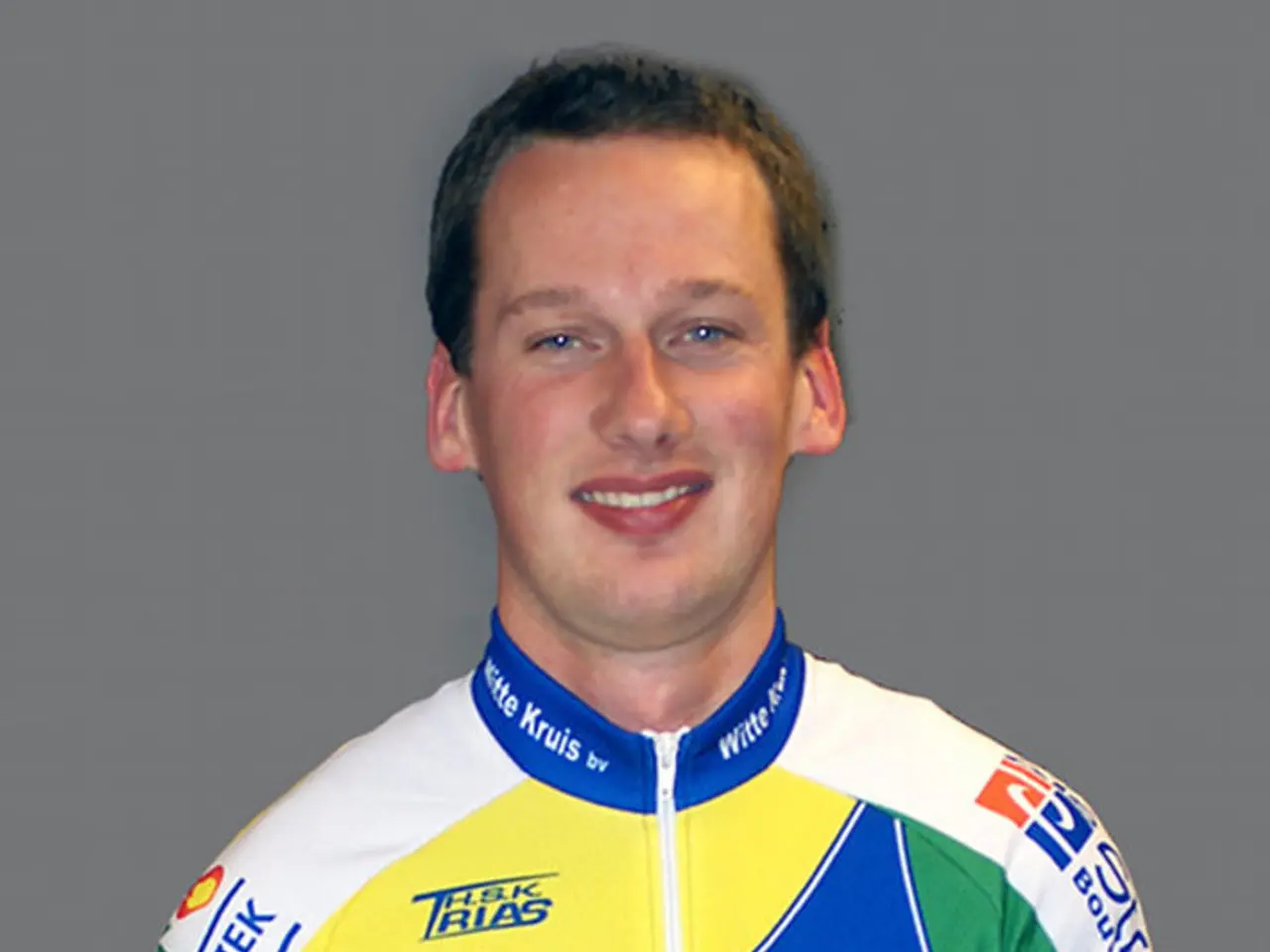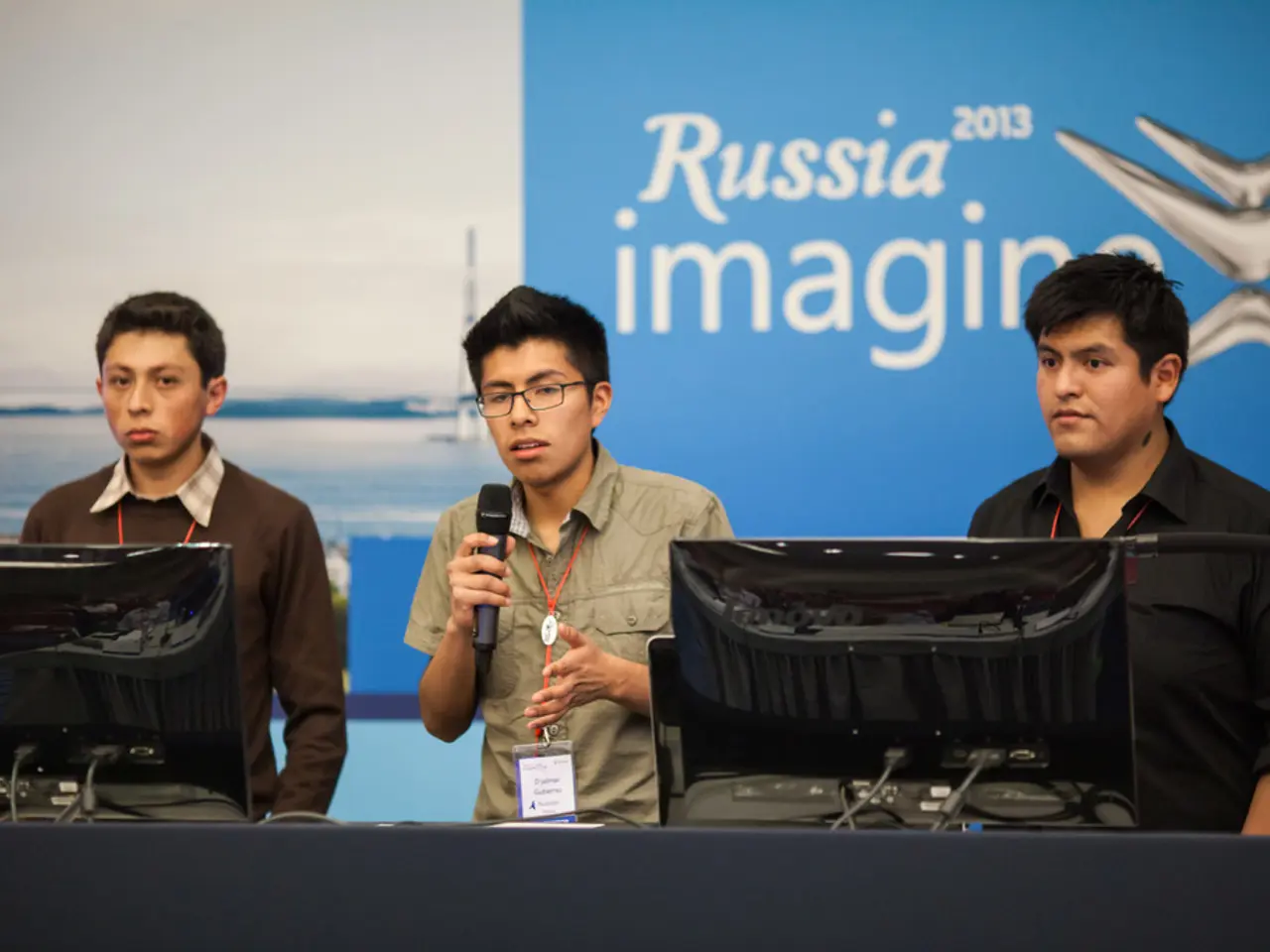Movie enthusiasts find themselves trapped in a perpetual rehash of past horror classics this Halloween season.
In the realm of horror cinema, a new wave of directors is breathing life into the genre by pushing boundaries and challenging conventions. This trend towards innovation is a breath of fresh air, elevating horror storytelling and offering audiences a refreshing departure from rehashed material.
One of the standout examples of this new wave is Steven Soderbergh's Presence (2025), a chilling ghost story told entirely from the perspective of the haunting spirit. This inventive narrative technique, coupled with strong character work, makes Presence both thrilling and fresh within the genre.
Zach Cregger's Companion (2025), produced by the talented mind behind Barbarian, is another film praised for its wild, violent, and fun take on horror. With unpredictable thrills that avoid typical genre clichés, Companion offers a unique and engaging horror experience.
The Monkey (2025), a dark horror comedy directed by Oz Perkins and produced by James Wan, is based on a Stephen King story. This film strikes a distinctive tone, blending scares, violence, and humor, and sets itself apart from straightforward horror fare.
Man Finds Tape (2025) reinvents the found footage subgenre by bending traditional formats in a modern way, giving it a new spin. Building on the legacy of films like The Blair Witch Project and Unfriended, this film adds a fresh perspective to a familiar storytelling style.
Upcoming franchise reboots and sequels, such as Silent Night, Deadly Night (2025) and Return to Silent Hill (2026), aim to respect and revive their iconic roots with original directors and composers involved. This approach could deliver both nostalgia and renewed quality in horror.
However, not all recent horror projects have been successful in their attempts to innovate. Beetlejuice Beetlejuice, the current revisit of the 1988 film, fails to take the original material further, imitating Tim Burton's set pieces with not much else to show. The new The Crow film has also been criticized for being empty, awfully written, and unaware of its own incompetence at filmmaking.
On the other hand, directors like Dasha Nekrosova (The Scary of Sixty-First) and Coralie Fargeat (The Substance) use genre tropes to comment on contemporary and transgressive topics, rather than rehashing and romanticizing past material. The Substance, recently released, is a body horror film that follows in the vein of Brandon Cronenberg's Infinity Pool, and is a fresh and original take on the genre made iconic by David Cronenberg.
The Scary of Sixty-First is set in a haunted flat on the Upper East Side, allegedly haunted by Jeffery Epstein's misdeeds. A new version of Stephen King's Salem's Lot is also in the works, with Gary Dauberman as writer and director.
The Halloween season is being celebrated as a time for appreciating both the original horror films and the directors who are proving that it's possible to be original using the tropes the genre has to offer. However, the industry is not without its criticisms. Some argue that studios are greedy, and the culture is criticized for having largely stagnated to childish unoriginality.
As we move forward, it will be exciting to see how these trends continue to shape the horror genre and push the boundaries of storytelling even further.
[1] Source: Collider [2] Source: IndieWire [3] Source: Bloody Disgusting [4] Source: Screen Rant
Movies and TV shows in the entertainment industry, such as Steven Soderbergh's Presence, Zach Cregger's Companion, The Monkey, Man Finds Tape, and the upcoming Silent Night, Deadly Night and Return to Silent Hill, are breathing fresh life into the horror genre by pushing boundaries, challenging conventions, and offering innovative storytelling. On the other hand, some recent horror projects like Beetlejuice and The Crow have been criticized for failing to innovate and imitating past set pieces.
